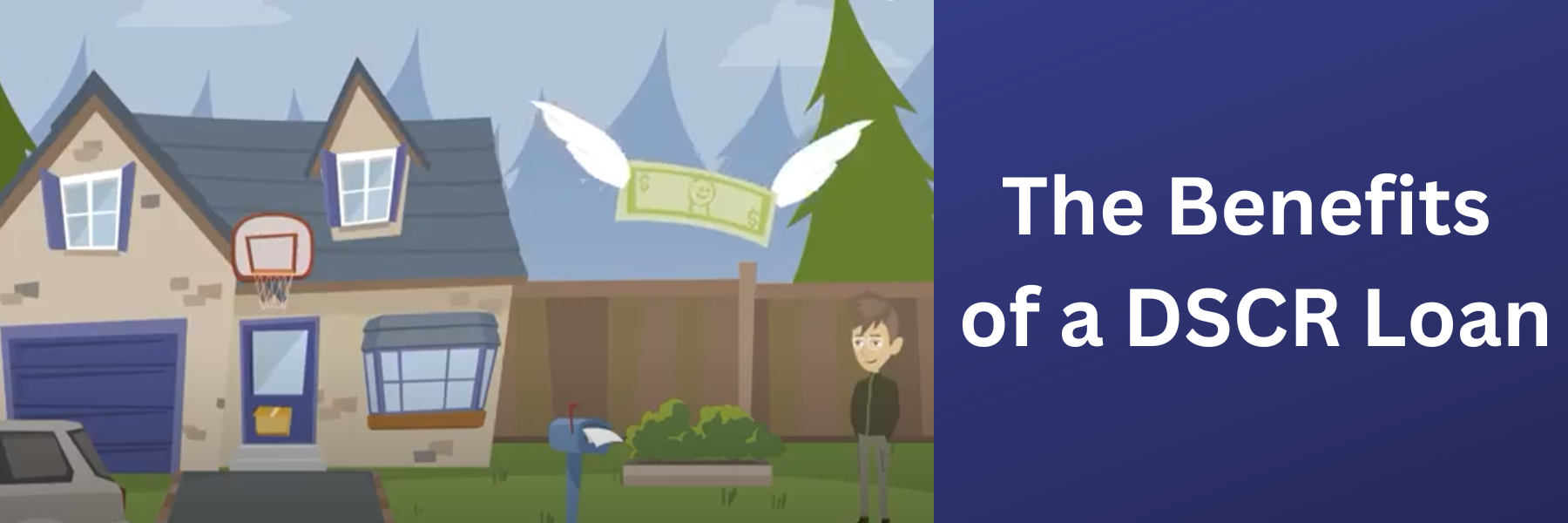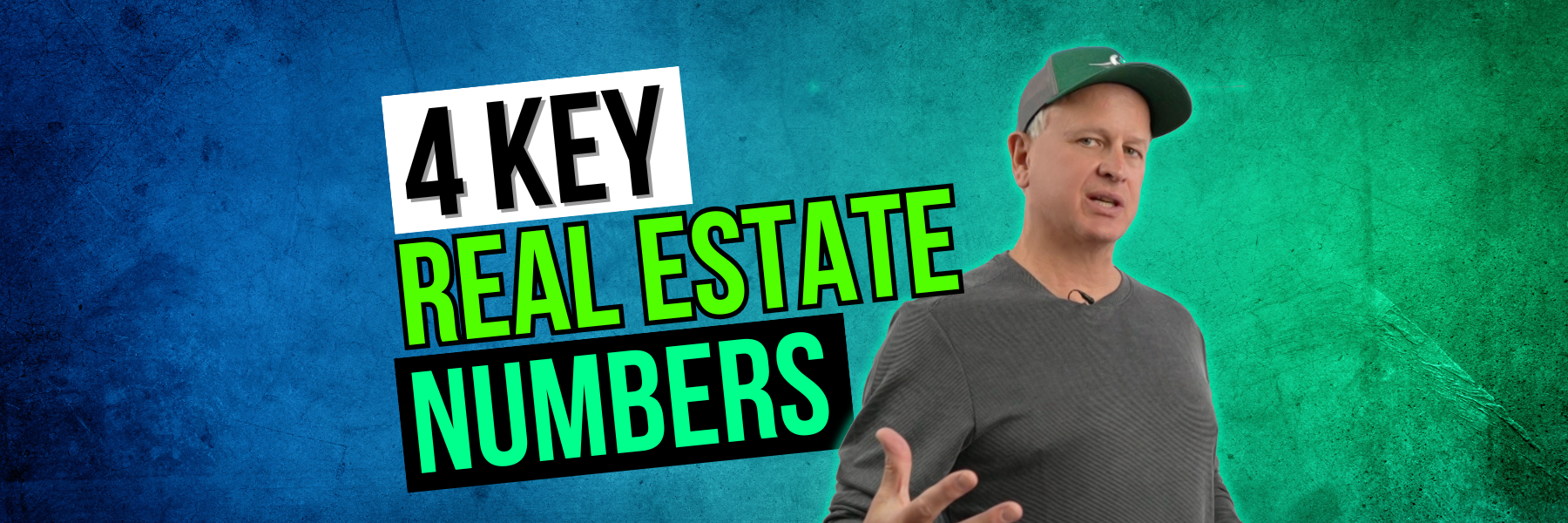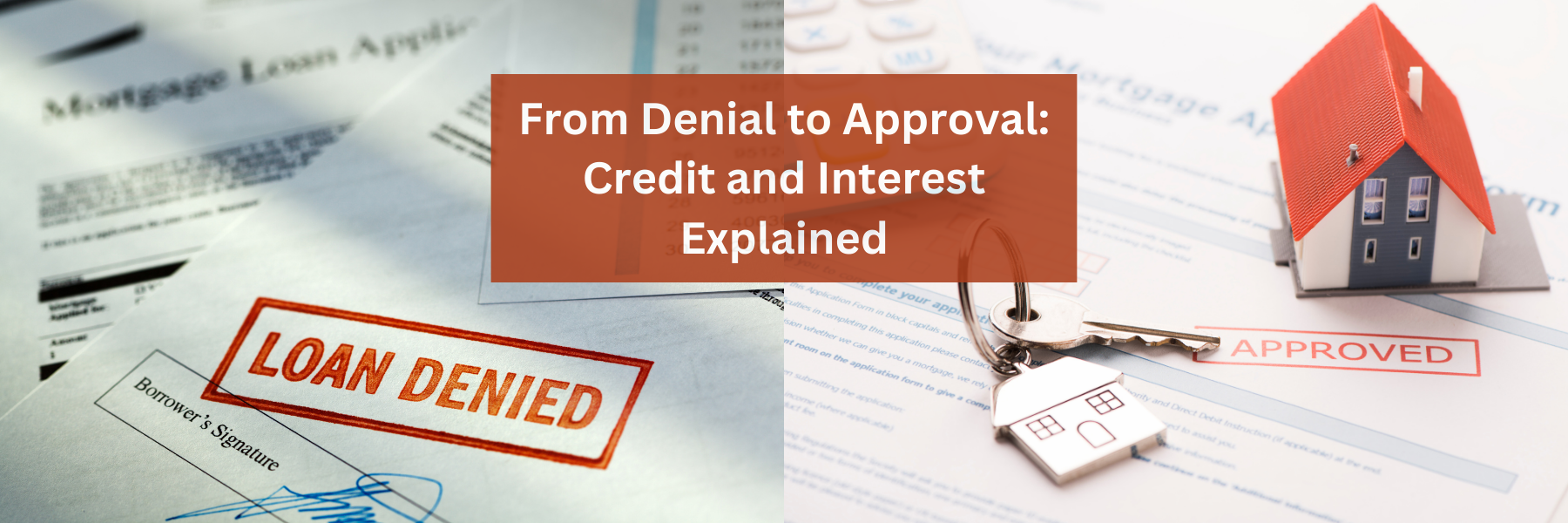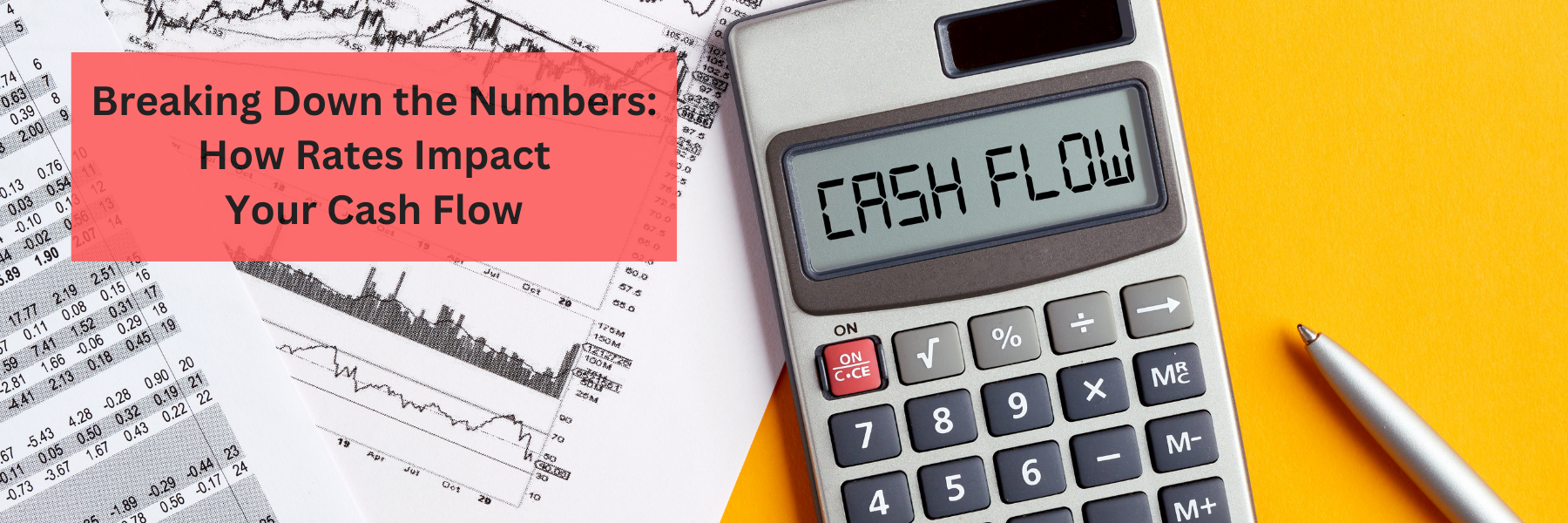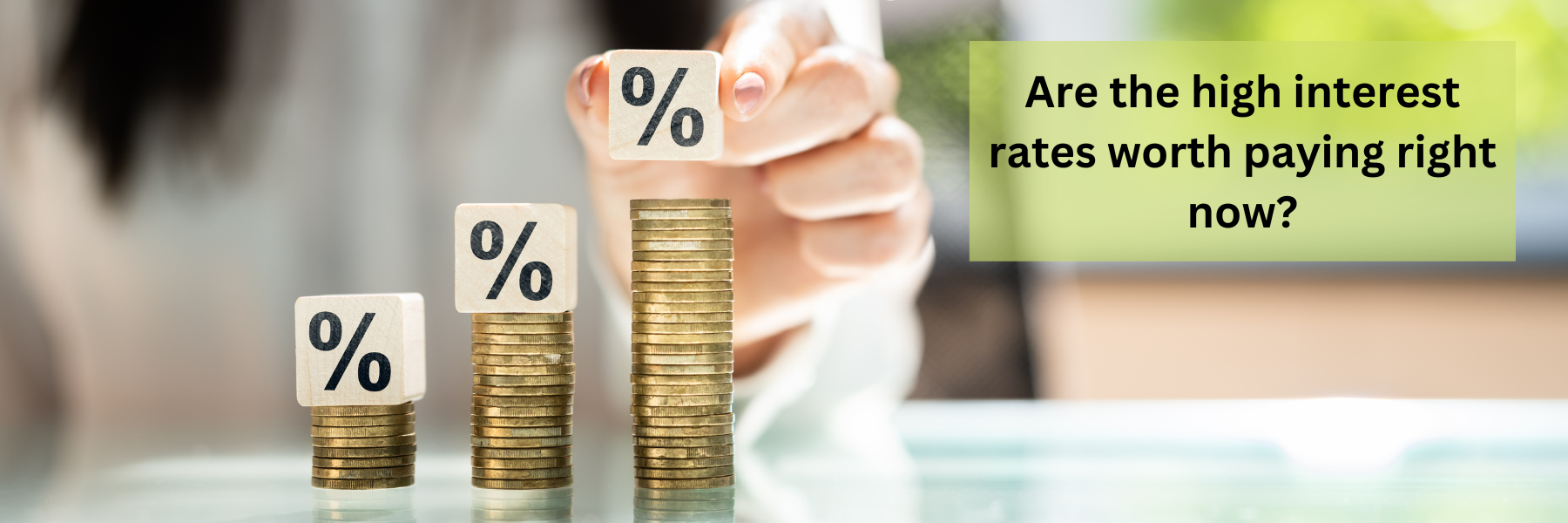Act Fast: Real Estate Investment Essentials for Today’s Market
Real estate investing in today’s market can be daunting. Discover the real estate investment essentials for today’s market so that you can succeed in the near future. For the past 10 to 12 years the rates kept getting better and the pools of money were bigger than ever. It was a time where anybody and everyone could get the financing they needed for their investments. Nowadays, the money is just gone. While this may cause many investors to run away, it is actually the perfect opportunity to get into real estate investing. If you want to participate in this market, there is a learning curve. However, once you learn how to play the game, you will set yourself up to win when rates go back down.
Now is the time!
It is one of the most valuable times to get into real estate investing. This is because the Fed is tightening up and banks are starting to lend less. In doing so, it creates better deals that will in turn create wealth and income in the near future. One of the most important things to remember is that when there is fear in the street, that is when people start running. These are the times when you need to make your move.
How can investors prepare?
To get started, buy when property values are low and rates are high. This will guarantee your success when the market changes. When rates go back down over the next few years, you will already have your property, and can take advantage of the higher property value. Those who are positioned correctly, and stick with it, need to be set up correctly. Let’s look at the steps you need to take in order to take advantage of this current market.
- Understanding the market by going through knowledge based learning
- Set up your realtors
- Determine how you are going to find your deals
- Learn how to calculate your ARV
By getting all of the training completed over the next 90 days, it will allow you to confidently enter the market right away. If everything keeps going the way it is, then there are going to be more opportunities available compared to before, as well as a smaller pool of investors who can take advantage of this.
If things are tightening up, why does that create more opportunities?
When the Fed shrinks the money pool, it in turn decreases what’s available for everyone. This causes lenders and banks to swim upstream in order to look for the best of the best. Banks are being pushed to the point that they can only lend a portion of what they could before. Let’s take a closer look at the money side as a customer, and as an investor, to explain why these times are creating more opportunities. The customers are the ones who own their homes and are going to give it up for a discount. While investors are looking at the property as money to invest. Once again, leverage is the key to real estate investing and why we can make money from nothing. Anybody can do this and create generational wealth if you are set up correctly and financially prepared.
How lending has changed.
One of the largest private lenders used to lend on ARV. ARV stands for after repair value. Lending based on ARV allows investors to get more money, create more leverage, and buy more deals. So if you’re in real estate investing you need to focus on purchasing undervalued properties, fix them up, and either keep it or sell it. This will in turn create wealth for you to reinvest in another property. In today’s market however, lenders are lending off of LTV, or loan to value, instead of ARV. This is often a $50K to $75K difference from what they were lending before the market changed.
Let’s look at an example of ARV vs LTV
| Purchase a house for $250K with a rehab of $50K |
|
Worth when all said and done |
Percentage |
Amount they will lend |
Amount lenders want you to put in |
| ARV |
$400K |
$400K at 75% |
Close to $300K |
10% |
| LTV |
Lenders don’t looks at this |
$300K at 75% |
Close to $225K |
10% to 30% |
It is clear to see what a big difference it makes when lenders switch from ARV to LTV. They are becoming tighter on their lending, lending less, and charging more. This creates a smaller pool of investors, because many can no longer qualify for those deals. While the deal flow might remain the same, only 20% to 30% of investors are prepared to continue buying in this market. There are going to be better deals for those who can buy and buy quickly.
How rates are impacting DSCR
Rates are impacting a lot of things, including DSCR and the rental side of real estate investing. A DSCR ratio of 1 means that the expenses and the income are equal to each other. In the past, DSCR ratios were based on a 1:1 ratio. Nowadays, the ratio has increased to 1:1.1, which means that you need to create even more cash flow. Now if we layer that onto a credit score of 680 or 700, then the ratio will increase to 1:1.2. Therefore, the people with better credit scores often get the better deals.
Creating the leverage you need to succeed.
Make sure that your business is set up correctly from the very beginning in order to create wealth. In doing so, you will be able to open up business credit cards, business lines of credit, and seek out OPM or other people’s money. An underused source of funding is OPM. Nowadays more people are searching for better returns, you can be their solution. Investors who create these buckets of money will set themselves up to win. It is also imperative that you have a good credit score and a good business history so you will be more attractive to the lending community. Do you need help with raising your credit score or locating OPM. Contact us to find out more!
What do investors need to do?
This is the time when the select few will make a lot in the near future. If you want to take advantage of this, then you have to do certain things. Let’s take a closer look at real estate investment essentials for today’s market. Also known as the pillars of success.
1. Find a lot of properties/find good properties
It is important to buy when everyone else is running away. A successful investor needs to determine where they will find properties, connect with others to start buying better properties, and understand the value of the property. The better the property you find, the better chance you have to get the financing you need. Especially from private lenders or hard money lenders.
2. Set up your business correctly
It is imperative that you set up your business to look like you are serious about investing. This includes setting up your business name, establishing business accounts, and applying for business credit cards. In setting these things up correctly, banks and lenders will know that you will do what it takes to succeed.
3. Make sure you have a diverse source of funding
Start by looking for lenders who are actually lending, and build a relationship with them. In taking the time to build that foundation, you will be the person who goes to the top of the pile. Lenders will not be willing to help investors who don’t return calls, or those who are unprofessional. Finally, broaden your horizons by looking at other options to see who can help create the wealth you want.
4. Find contractors and resources that will help you complete repairs.
We still see properties that are selling like crazy. These are in good locations and have quality work done. It is important to find contractors and resources that will help create a product that people will want to buy. Don’t skip on the flips! Take the time to find a team who can make your property shine. This will result in a shorter sell at a better return for you.
In Conclusion
Things have changed, bankers have changed, and lenders have changed. You should always have control over your lending options. There is a glimmer of hope in this more restrictive economic environment. Investors can empower themselves by setting things up right, cultivating relationships, and knowing your numbers. You can still make a lot of money in this market as long as you understand the rules in the game and have the flexibility to change with the times.
At The Cash Flow Company we can help you find the funding you need and guide you through this market.
Watch our most recent video to find out more about Real Estate Investment Essentials for Today’s Market.

